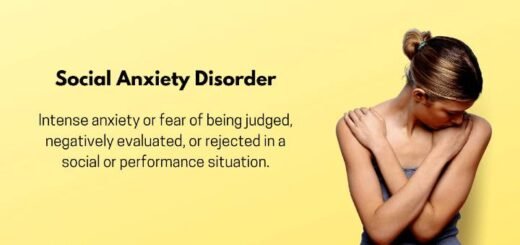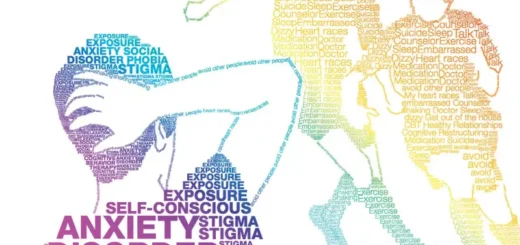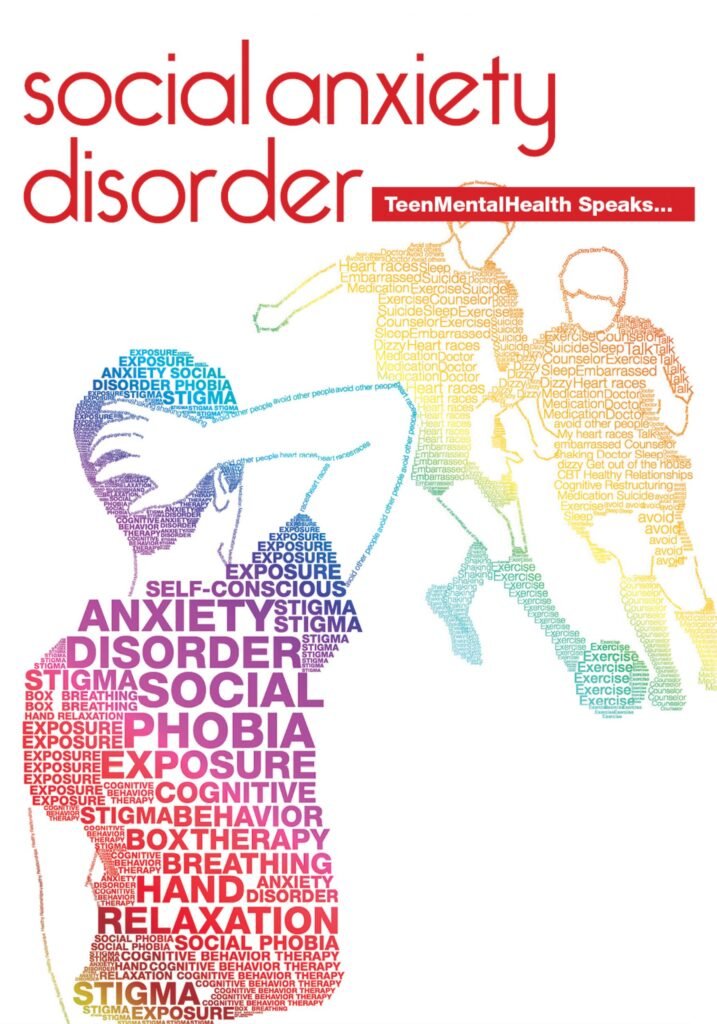Understanding social phobia: causes, symptoms, and treatment
It is estimated that about 15 million adults in the United States suffer from social anxiety disorder, also known as social phobia. This is a condition that goes beyond simple shyness and can be very debilitating. People with social anxiety disorder may avoid social situations altogether or, if they do venture out, they may experience intense anxiety, fearfulness, and self-consciousness.
There are many potential causes of social anxiety disorder, including genetics, brain chemistry, and life experiences. It is believed that a combination of these factors contributes to the development of the condition.
Symptoms of social anxiety disorder can vary from person to person, but they typically include a fear of being judged by others, fear of embarrassment or humiliation, and a general sense of anxiety in social situations. These symptoms can interfere with work, school, and personal relationships.
There are a number of effective treatments for social anxiety disorder, including cognitive-behavioral therapy, exposure therapy, and medication. With treatment, most people with social anxiety disorder can learn to manage their symptoms and lead fulfilling lives.













